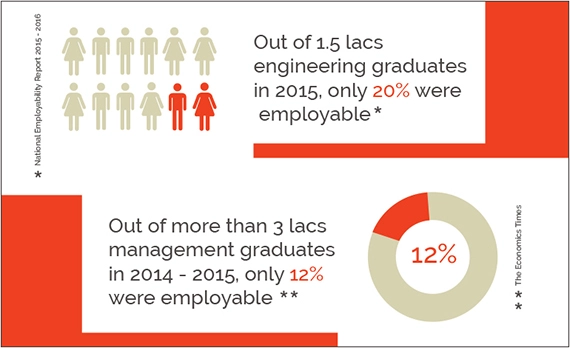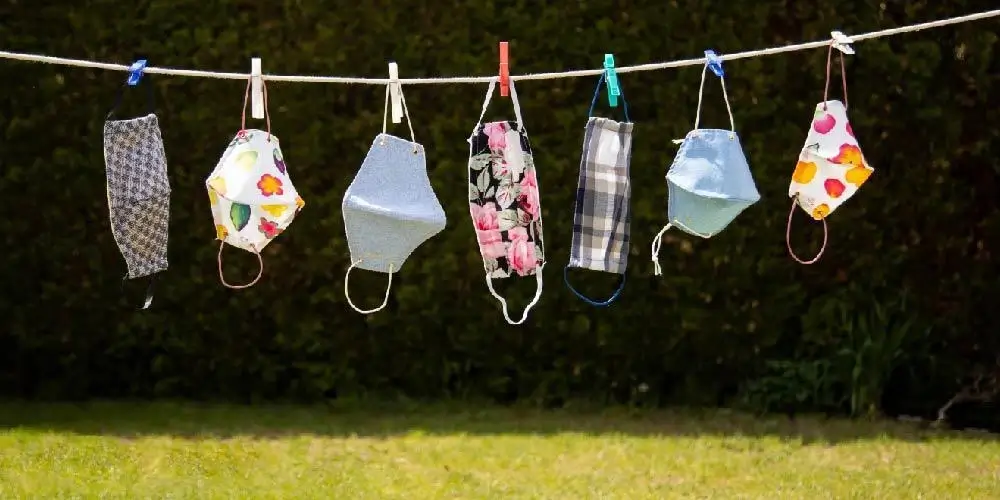
Introduction of COVID-19 to Fast Fashion
COVID-19 has affected each one of us over the past 2 years, whether it is on a personal, socio-economical, or political level. It was a year that showed us more than ever that the world we live in is not sustainable and neither is fast fashion. This has been a year of self-realisation and self-reflection for all of us. If we emphasise a bit more on the situation, the entire world collectively shut down trying to contain the rapid spread of covid-19, and the worldwide economy faced serious hardships. Lockdowns brought about rapid plummets in demand for goods in most sectors and put a strain not only on the businesses but on a broader scale to the entire supply chain. We know the Fashion Industry is not exempt. Recent surges for an unpredictable future and halted need for new clothes have dramatically decreased the sales.
WHY BUY CLOTHES WHEN YOU HAVE NOWHERE TO GO!
The first lockdown regulations had a big impact on the fashion industry, with many people staying at home and many brands having to close their stores. Especially with people not attending events, offices or any social gatherings this ultimately affected their purchase decisions and the sales of major retailers and fashion brands. This all has just not affected the brands but also the supply chain and garment workers involved, revealing the industry’s unhealthy structure of working.
The pandemic has been responsible for the greatest economic crisis ever to factories, suppliers and the workers who spent hours sewing.
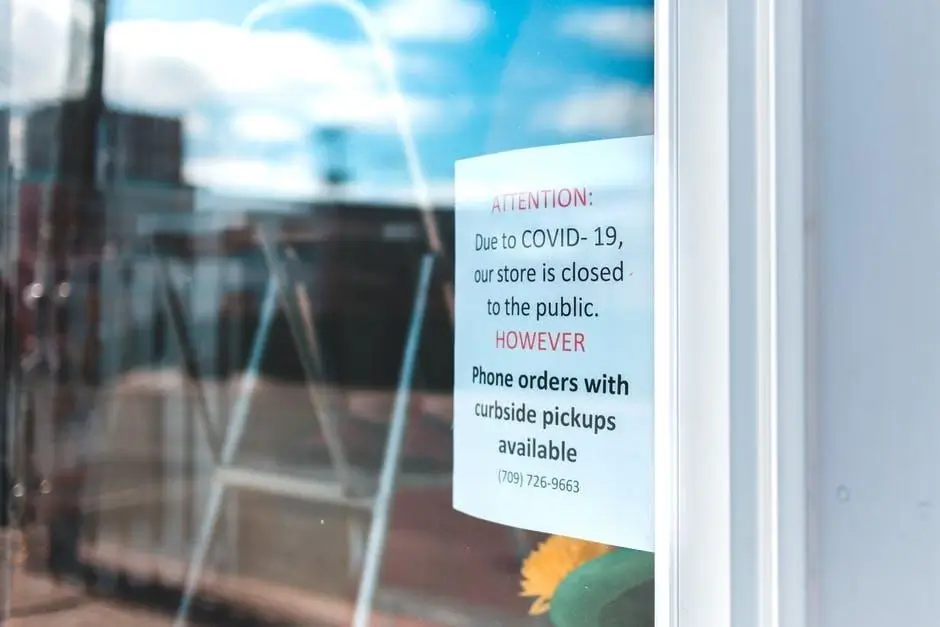
Fast Fashion in India
Fast fashion is relatively new in India with brands like Zara and H&M mass-produced inexpensively, coming straight from the catwalk to deliver the newest trends to consumers at low prices. In recent years, these brands have set up major businesses in India due to defining characteristics of fast fashion’s affordability and low priced mass production.
Back in the days, the industry had only two production cycles such as ‘Spring’ and ‘Fall’ collections however with the boom in fast fashion the production takes place in as many as 50-100 micro-seasons with consumers discarding garments very quickly.
Fast Fashion in Pandemic Era
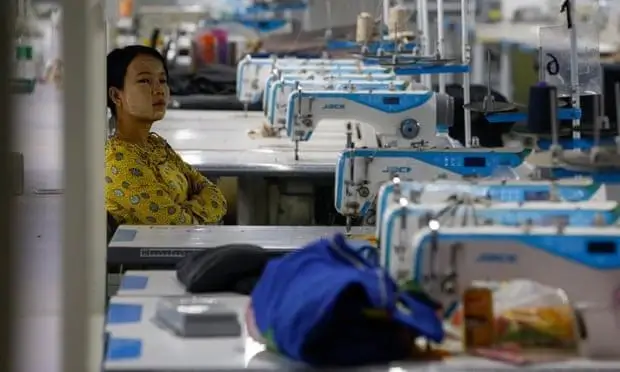
The pandemic has become our new reality, and the fashion industry must learn to adapt to the unique conditions of the coronavirus. According to a survey, two-thirds of surveyed consumers state that it has become even more important for them to limit impacts on climate change. Additionally, consumers want fashion companies to uphold their social and environmental responsibility, especially in the crisis The survey also showed that 78% of consumers considered the use of sustainable materials to be an important purchasing factor, as well as expecting brands to take care of their employees, as well as workers in Asia, during the COVID-19 crisis.
This shows that perhaps this might be the time not to question when fast fashion will recover, but how and if it can change in a way that allows for a sustainable future. Also, how do we as consumers, with our knowledge of its economic and ethical failing, want to contribute to this system with our buying choices?
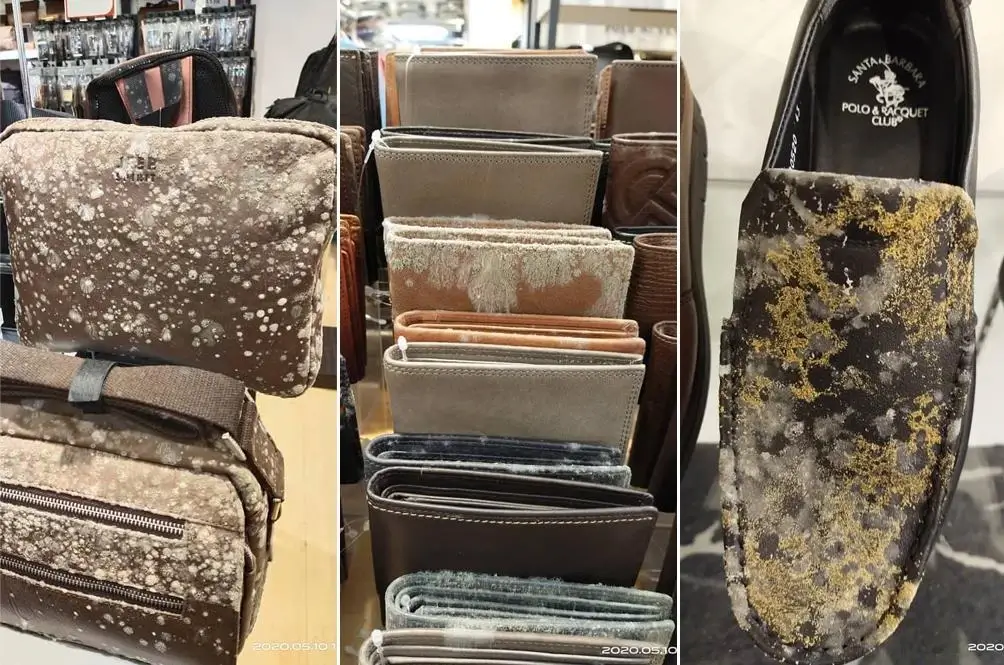
Pandemic imposed Lockdowns lead to moulds on Leather products kept in Shopping Malls
A Great Shift in Fashion Industry in Covid-19
Just recently, the State of Fashion Report of 2019 claimed the industry was undergoing a "year of awakening" as consumers demanded greater social responsibility from fashion retailers big and small. Nonetheless, with the rise of the pandemic at the start of 2020 year, the fashion industry's sustainability efforts began to slow down. Sustainability was becoming way less of a priority for fashion retail, as fashion retail businesses were undergoing a state of emergency and fighting for survival. Now though, as the crisis aligns consumer, environmental, and ethical interests, the spotlight on sustainability has been brought back to light. Numerous reports and studies have shown the impact the COVID-19 pandemic has had on focusing our minds towards helping to create a better, healthier planet. Consumer fashion purchasing behaviour has evolved and people are leaning towards more environmentally-friendly, sustainable, and/or ethical purchases. The resale apparel market, which includes online resell as well as thrift and donation stores, is set to skyrocket in a post-COVID-19 world. Many collaborations and projects have arisen within brands, to support recycling, resale, sustainable collections, or material innovations
Survival Strategies for Fashion Players
- Collaboration
Amidst Covid, an Indian homegrown designer Sabyasachi got into a collaboration with Swedish fashion retailer H&M and opened stores across the country. The collection comprising long flowy dresses, tunics, blouses, shirts, wide pants and sarees will be retailed at 10 select stores in the country as well as on H&M’s site and marketplace. The pandemic, with its conversations on sustainability, has, in fact, made the collection more relevant. This collection was about wearable clothing that is classic and affordable and that’s how the slow fashion advocate justifies working with the fast-fashion brand.
- Digitalisation
Due to Covid, the complete distribution chain proliferated towards online channels and the Fashion industry was no exception. Many Fashion brands shifted to e-commerce and online sales of clothing. Smaller retailers and brands can now use tools such as Facebook Shops, with no-fees attached, to sell their products across both Facebook and Instagram.
- Service as a Product
Covid impacts forced the fashion industry to adapt to social distancing, we can expect to see growth in the personal shopping experience, particularly at the premium fashion end. This will be an opportunity for brands to connect with their customers on a personal level and understand their customers’ needs, while the customer will benefit from having a great personalised experience.
- Sustainability
The pandemic has presented the fashion industry with an opportunity to reset and completely reshape the industry’s sustainability value chain as the values that define sustainability are in sharp focus, with intense discussions on the harmful effects on the environment due to excessive waste, rampant materialism, excess consumption and reckless business practises.
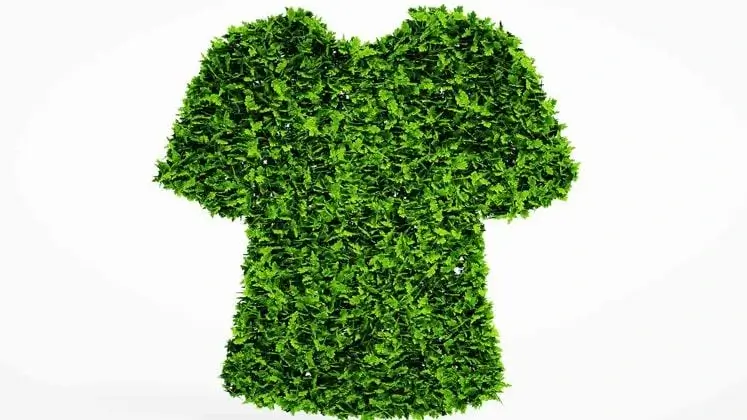
Fashion Industry in a New Normal
The whole fashion industry including the retailers and major brands are focusing on crisis management and contingency planning to restructure their business strategies and tools. The fashion industry has to innovate in all aspects like digitalisation, e-commerce, channel demand and supply fulfilment. Companies like Zara, Forever21, H&M tend to make their business sustainable to cope with new constraints, alleviate the negative effect of the pandemic and acclimatise to economic and customer behaviour changes.
The shift in approach and mindsets of consumers was seen post-pandemic such as;
- Social media influence
- Buying and Selling on e-commerce
- Easy and Fast home delivery
- Immediate feedback
- Improved user interface websites
- Transforming of brick & mortar store
The impact of the pandemic on customer behaviour will lead to the emergence and acceleration of new trends and business strategies in the fashion retail sector that will have a permanent and lasting impact in terms of a new normal of doing business. Evolution of new technology adapting to the fast-changing OC retail industry and catering to a digitally connected customer base.
Fast Fashion Revolution
Fast fashion brands such as H&M, Topshop, LuluLemon etc too are not likely to be impacted much despite store closures over a prolonged period. With the current economic scenario, luxury buying will indeed be hit, and more people will turn towards these brands.
Another reason for their success lies in the adoption of ‘Greenwashing’ – pretending to be more sustainable than they are. This seems to have been luring buyers more than ever before, who think their favourite brands aren’t making them indulge in the guilt of causing climate change anymore when the reality is exactly the opposite.
The more the manufacturing of such apparel increases, the more we get away from our sustainability objective. Of course, our motto isn’t whistleblowing, but making people a little more aware and a little less indifferent.
Well, the planet is enjoying the perks of manufacturing coming to a halt and fewer cars on the road, in the form of reduced global warming, but we need to revive economic activity as soon as possible or a bleak future awaits us.




